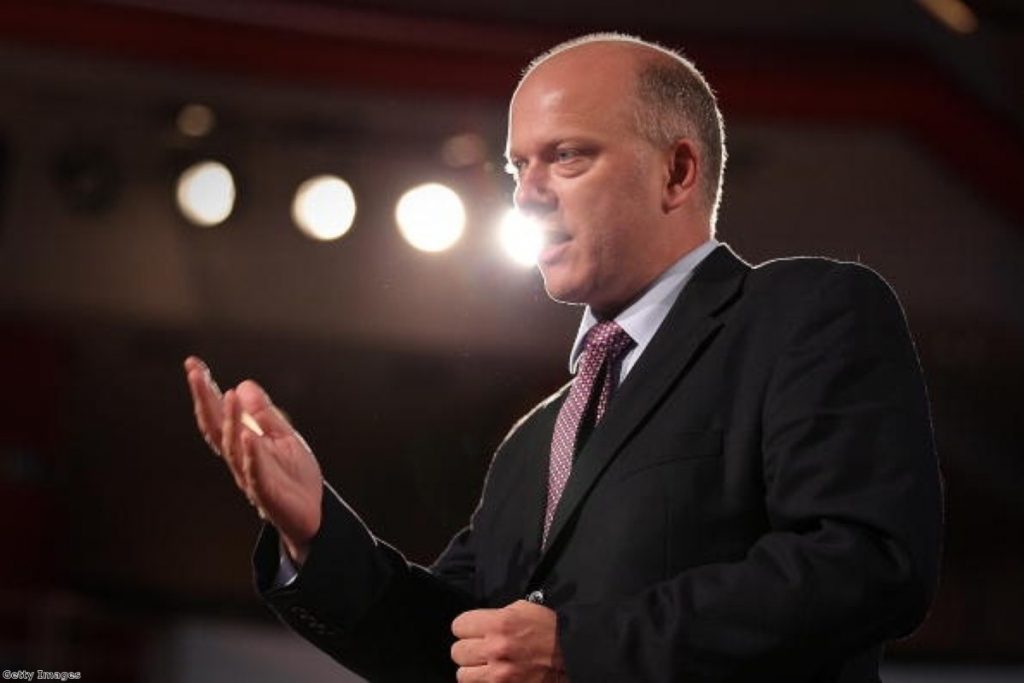Coalition plots court case to escape EU ‘fundamental rights’ charter
Chris Grayling has pledged to go court to make sure the EU's charter of fundamental rights does not apply to the UK, following reports that Britain has been 'duped' into coming under new human rights law.
The justice secretary's Commons statement came after a court case in which Mr Justice Mostyn said a 2011 European courts of justice ruling made clear Britain's opt-out did not "exempt the UK from the obligations to comply with the provisions of the charter".
The comments, which came as an aside during a case won by the government, triggered outrage among eurosceptics on the Tory backbenches, who said the UK had been tricked into believing it had an opt-out from the convention when Labour signed up during the Lisbon negotiations.
It also suggested the UK had effectively been cheated out of the referendum which is legally guaranteed in the event of significant changes in its relationship with Europe.


The stolen referendum: European court 'robs Britain of vote' by overturning UK opt-out
"We do not agree with that analysis of [the] case," Grayling told the Commons.
"We will have another case at earliest opportunity to clarify beyond doubt the legal effect of the charter.
"The reason we didn't appeal is because we won that case and you can't appeal a case you've won."
But Bill Cash, a eurosceptic Tory MP who tabled an urgent Commons question on the row, rubbished the justice secretary's assessment of the legal situation.
"Does my right honourable friend acknowledge the scale of the problem with which he is now faced?" he said.
"Does he appreciate the importance of this justice ruling, which opens the floodgates to a tidal wave of legal action and raises a fundamental clash between Westminster supremacy and the EU courts of justice?"
Grayling replied: "I would treat it as a matter of the utmost seriousness if it was to appear in law that that was not the case.
"We intend to make sure this issue is laid to rest in law at the earliest opportunity."
Labour shadow justice secretary Sadiq Khan said Labour "sought and successfully negotiated" the opt-out from the charter, which took place when it was in power.
"We want to work with him to ensure the UK's opt-out," he added.
But Grayling lashed out at his opposite number and pinned the blame for the confused legal situation on the opposition.
"With apologies to the House I'm not prepared to take any lessons from the party opposite," he said.
"The reality of the situation is when the honourable gentleman talks about an opt-out that's not what they negotiated."
Talking to Politics.co.uk last week, Cash said the Tories' attempt to blame Labour was unfair because David Cameron's then-shadow Cabinet had failed to back his campaign to explicitly state the charter of fundamental rights would not apply to UK law at the time.
"It couldn't be worse," he said.
"What they've done is completely fail to prevent the European court from having jurisdiction in respect of the charter of fundamental rights over the United Kingdom in respect of domestic law.
"And they have completely undermined any question of our being able to achieve the result which we would have hoped to have followed from the repeal of the Human Rights Act."









